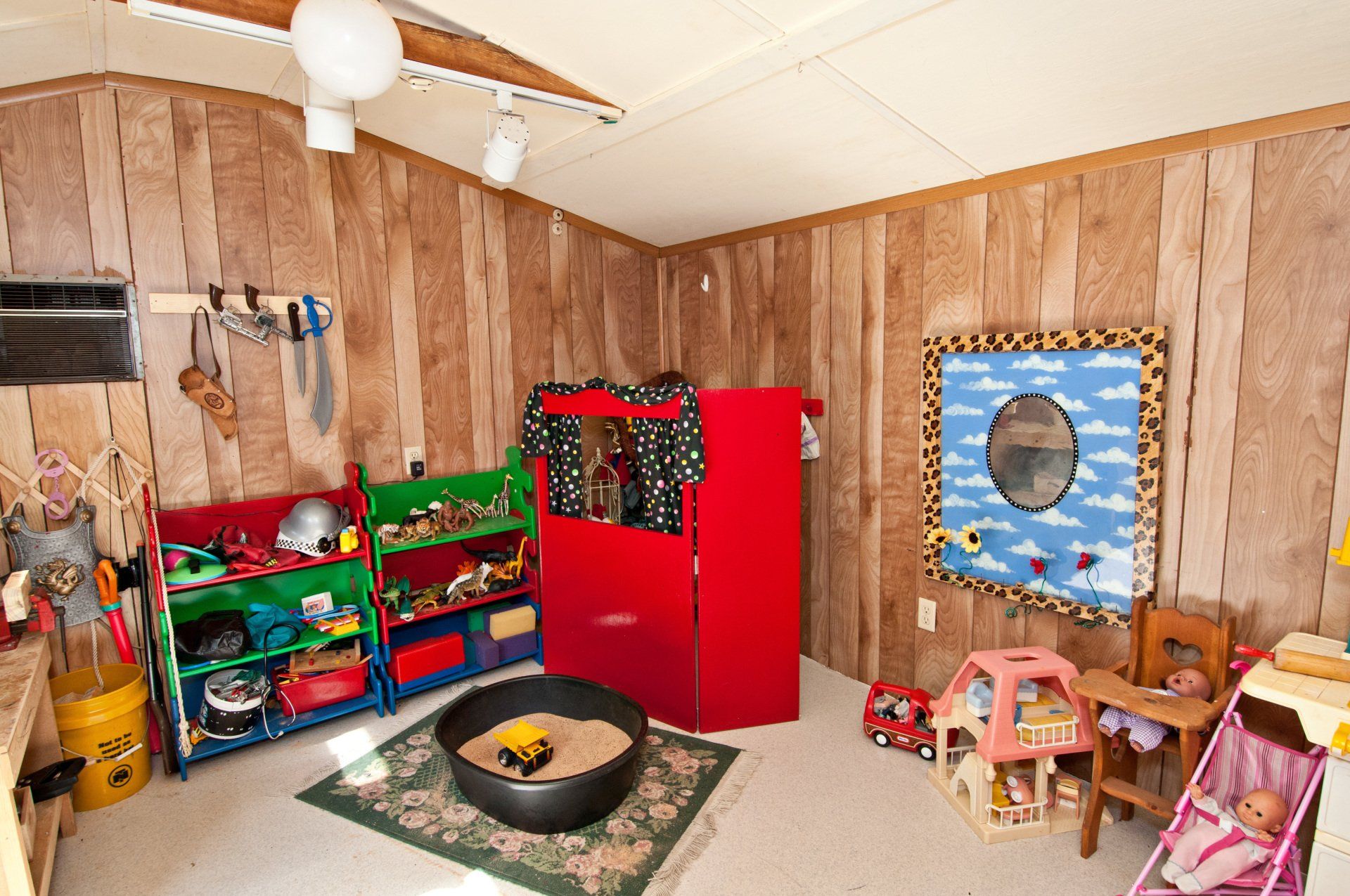Child Therapy
Over 34 Years of Experience | Locally Owned
Over 34 Years of ExperienceLocally Owned
Therapy for Children
Dr. Brandi addresses the listed problems of children using Play Therapy and other innovative methods:
- Anxiety
- Trauma
- Phobias
- Divorce of parents
- School problems
- Acting out behaviors
- Death or bereavement issues
- Bipolar
- Poor self esteem
- Defiance
- ADD and ADHD
- Depression
- Stress
What is Play Therapy?
Children sometimes need special help to handle the problems they are dealing with. Play Therapy, a form of counseling for children, provides a natural, non-threatening way to communicate with children in their own "languages" by using toys.
Children are impacted by the world and the adults around them. When a child has a problem, they worry and feel bad just like adults. Children have not developed the cognitive and language skills that are necessary for "talk therapy."
Specific toys are selected which stimulate children's imaginative play. Most children act out scenes with puppets, dolls, sandbox, etc.
What is a Play Therapist?
Dr. Brandi is a specialist specifically trained to use Play Therapy techniques. She has extensive knowledge, training, and experience in child development, counseling theory, and techniques for guiding children to find their way through problems using the comfortable world of play. Play Therapists help children learn about worries and feelings that cause problems for them in the first place.
How Does Play Therapy Help?
As children play, their feelings are understood by the therapist, who in turn helps the children understand their feelings. Like adults, children's problems get smaller as they talk or play them out and as they understand their feelings.
Play Therapy allows the therapist to see the child's typical behavior as well as learn about the child's world through the child's eyes. The therapist can then help the child resolve issues through dramatization, role-playing, art, and responsive listening.
What Role Does the Parent Play?
- The Play Therapist meets with the parents to find out about the child's symptoms and to gather information on the child.
- The parents bring the child to see the Play Therapist usually once or twice a week.
- The Play Therapist and the parents plan how best to help the child, and develop coping strategies to deal with the child.
- When the Play Therapist and parents work together, the child can improve faster.
Special Time
Special time is when one parent spending time with one child doing something they both enjoy doing together.
Set a regular time each day to do something (giving your child your undivided attention) with your child. Wanting to be alone with or have Special Time is normal. Adults as well as children need some special, distraction free, quality time.
Scheduling and keeping a routine for Special Time decreases the child's constant demands for attention and lets the parent turn requests for attention at other times into Special Time activities.
Regular activities (bedtime, meal preparation, exercise, homework) can become part of Special Time. Closeness develops through sharing thoughts and feelings.
Special Time can vary according to the age of the child. A younger child may benefit from 2 or 3 special times per day, while once a week may be enough for an older child.
Special Time does not mean family time. Special time helps the parent find some time for himself of herself. With consistent application, the child can be taught that the parent has a "Special Time" too.



Share On: